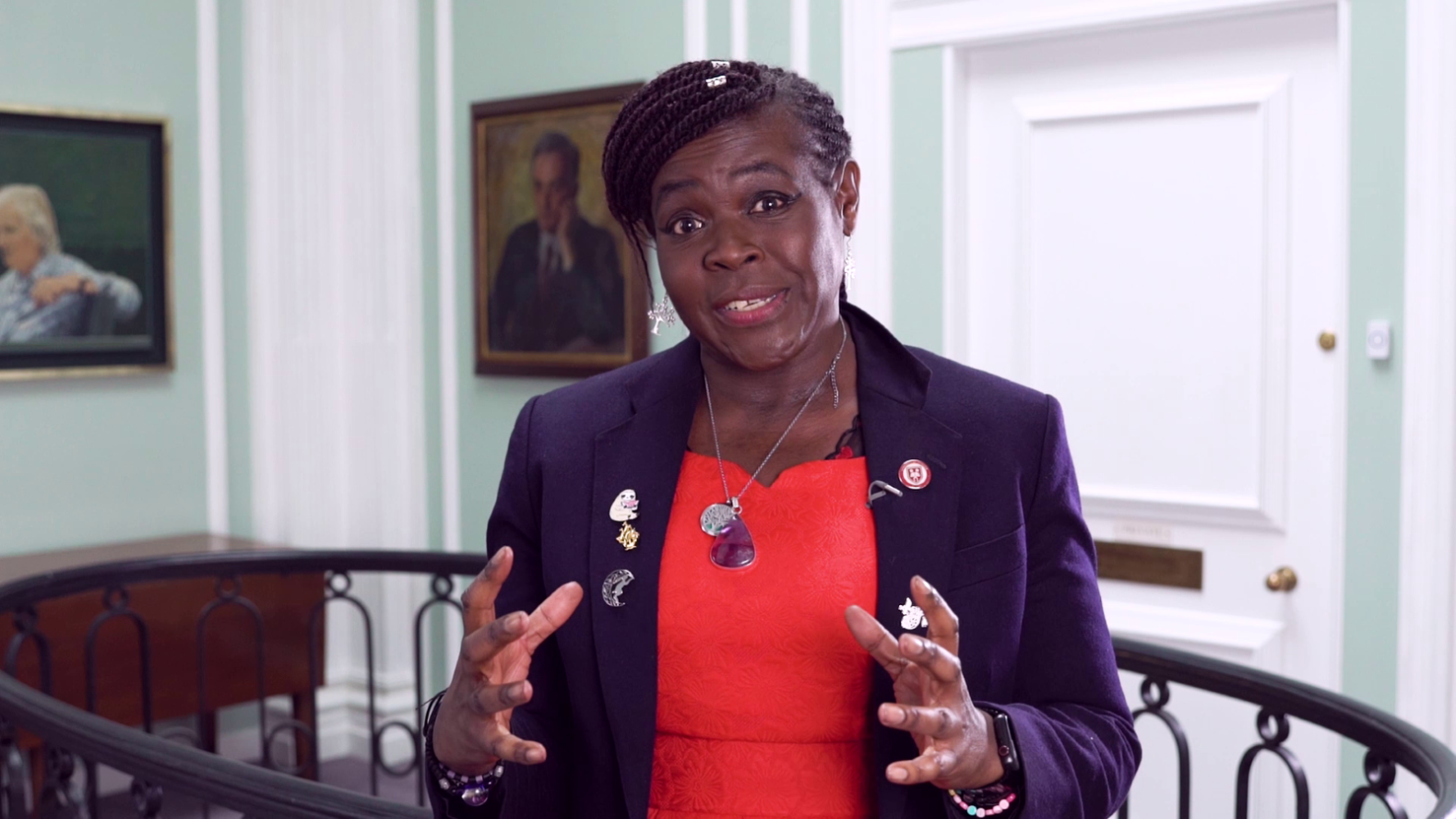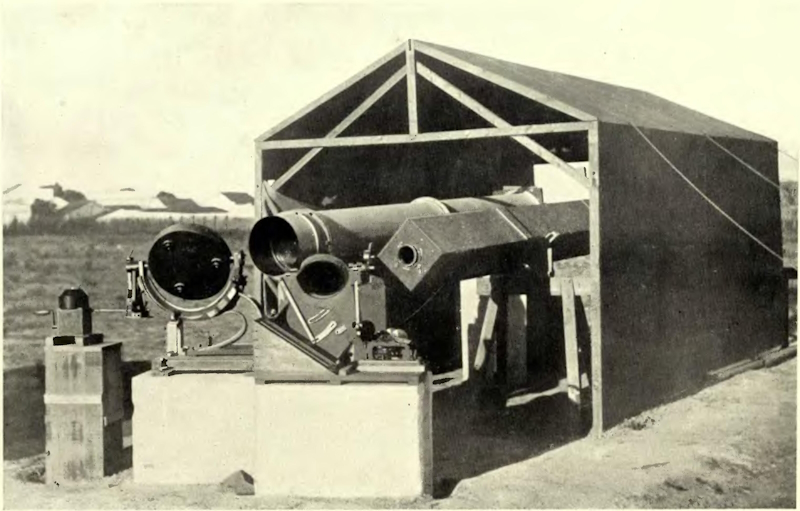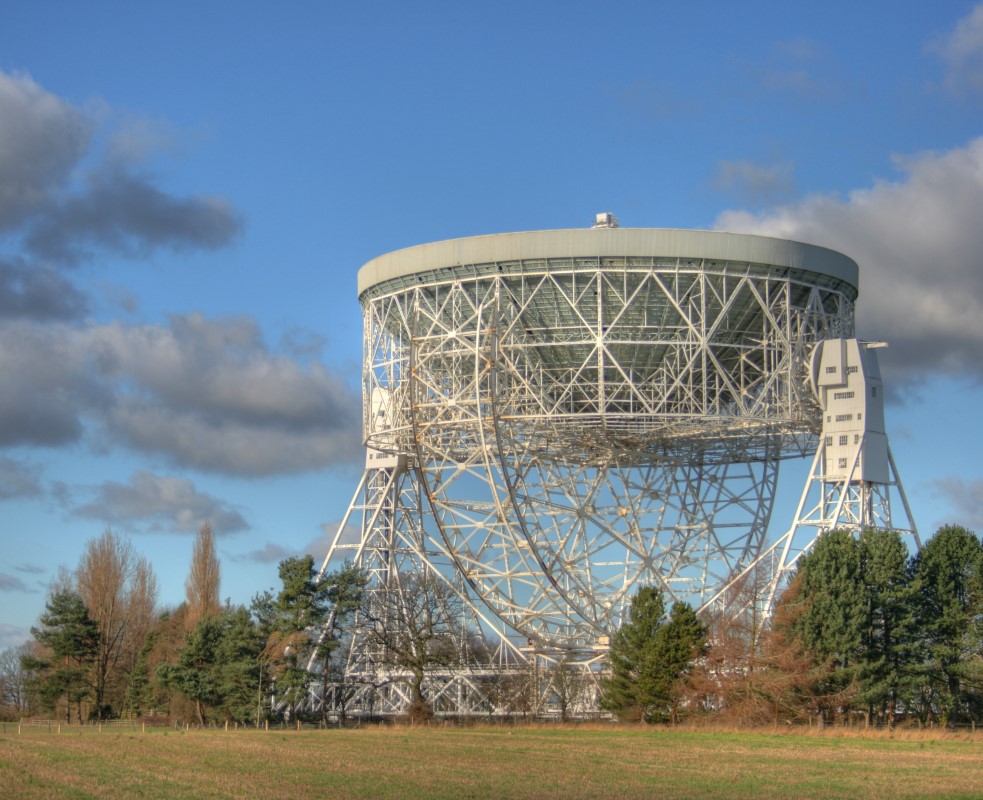
Space: 2075
The Space: 2075 report recognises that a dramatic change in space has already begun and encourages those in power to think about how we might better prepare for a range of outcomes, to ensure that activity in space is sustainable and benefits all of humanity.
Space underpins 18% of UK GDP. Satellites are essential to help us to navigate from place to place, and play key roles in our financial services, weather forecasting and climate monitoring. In the coming decades, the space sector is anticipated to grow beyond $1.8 trillion. The UK should review its level of ambition to avoid missing out on valuable opportunities and consider how it might show leadership on the global stage by encouraging responsible behaviours to protect the benefits of space in terms of the economy, security, and the fight against climate change and biodiversity loss.
What can we expect in space over the next 50 years?
Accessing space is getting cheaper, thanks to new technologies like reusable rockets and much smaller satellites. This means more countries and private companies are entering the space sector than ever before. More satellites have been launched since 2020 than in all previous years combined. Earth’s orbit is more crowded than ever, and there is growing risk from space junk such as old rockets, broken satellites, and debris from weapons tests. Space debris threatens to wipe out other space assets in a cascade of collisions, which could render orbit unusable for decades. Developing policies to safeguard the benefits of orbit for the future is imperative.
There is growing interest in sending people back to the Moon and eventually to Mars, which could lead to competition between countries and companies trying to claim the best sites for their missions. Maintaining dialogue between space actors and establishing robust agreements on the use of land on other planetary bodies will be critical to avoid unnecessary conflict over finite resources in space.
What should the UK government do now?
International collaboration is vital in space. The UK must continue to participate in international dialogue on responsible behaviours in space. Space activity is also very expensive and pooling resources can ensure better value for money. Seeking opportunities to grow partnerships between countries will therefore be important. Space research takes a long time, so giving scientists 10-year funding with regular check-ins would provide a more stable platform for the UK space science. The UK could learn from other spacefaring nations that have a single point of leadership, which might help create a clearer, more coordinated approach and make the most of new opportunities.





